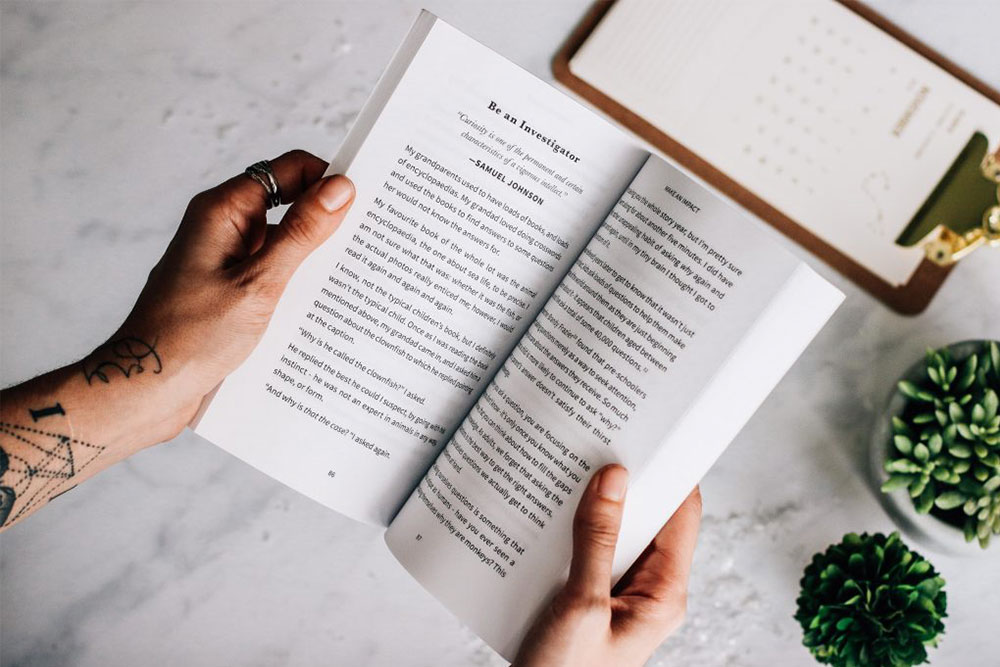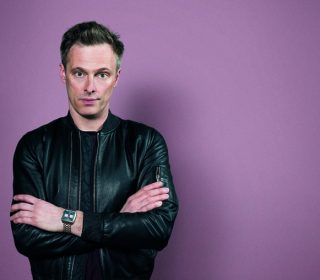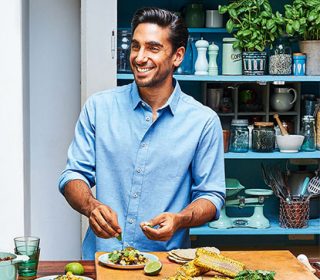Have you got what it takes to be an influencer?

A national broadsheet was at the heart of the Twitter-sphere this week when they published a columnist’s op-ed on influencers, specifically on how we ought to replace the title ‘influencer’ with the word ‘detestable freeloader’.
There was an outcry, naturally, with many influencers rushing to reveal how much hard work goes into the job. We caught up with Fab Giovanetti, Founder of HBC, to find out what it really takes to be an influencer…
What is the first thing that comes to mind when you think of influencers? Press trips to California, free workout’s in high-end London studios and a constant stream of deliveries?
While the delivery part may be correct, life is very different to what Instagram would have you believe. During the process of writing Make An Impact, I analysed the habits of highly influential people and found they all had one thing in common; they work hard and sacrifice a lot in order to make things happen.
In Make An Impact, I chatted with Hazel Wallace, aka The Food Medic, and discussed her choice to put her career as a doctor on hold to focus on her brand: “When you qualify as a doctor you enter a 2-year foundation programme in the UK where you rotate between specialities. I decided to take a gap year between my first and second year, although I’m still working ad-hoc shifts at the hospital.
I decided to take this gap year because I believe that I really have the opportunity to bring my brand to the next level and I couldn’t simply offer it the time and energy it requires whilst training full time at the hospital. I also don’t want my side business to impact my training as a doctor. It’s all about finding balance. I hope to return to training at the end of the year and have a stronger business strategy and team in place to assist this.”
Spoiler alert – Hazel did just that and is now juggling university, her job as a Doctor and The Food Medic simultaneously.
Hazel isn’t the only Doctor slash influencer though, Dr. Rupy Aujla has also made waves with his blog, Doctor’s Kitchen. In his latest venture, Rupy is looking to bring culinary medicine, an evidence-based field in medicine combining the art of food and cooking with the science of medicine, to the UK.
The truth is, influencers have many fingers in many pies and, a lot of the time, the aim is to pursue their dream of supporting other people.
Rupy says “my goal is to establish Culinary Medicine in the UK so that when students go to Medical School they can attend a culinary medicine program and that will be because of the hard work I am putting it right now. I am not benefiting from this at all, it is just a passion but it’s changing the way seniors and juniors at college will look at food in the future. If we can change the conversation with our patients around food, it will be the most impactful change we make.”
Another misconception about influencers is that all they do is endorse, test and review protein powders and ‘healthy’ snacks; a misconception that overlooks the fact that majority of influencers take enormous responsibility for the information they share with their audiences.
“I think a common misconception is that influencers are paid to promote brands and that they’d promote anything for the money.” said community member Amy Meegan. “This isn’t true. A lot of influencers and bloggers are truly genuine and will only associate themselves with brands that align with their beliefs and message.”
In Make An Impact, Chartered Psychologist Kimberley Wilson opens up about this issue of credibility and influencers: “I think, in the future, credibility will also involve an aspect of popularity; the number of followers or endorsements by other influential people or institutions. The challenge for experts and researchers is to be able to present their information in an attractive way that is appealing on new media platforms. Old school authority just won’t be enough.”
Given we spend so much time on social media, however, it can be difficult not to compare ourselves to the ‘popular’ accounts regardless of their credibility or lack thereof.
Friend and comparison coach Lucy Sheridan puts it this way: “It is still common to compare ourselves to people offline but if a large proportion of your time is spent on social media channels, your business runs on the internet and you are required to be active online then there are so many more opportunities to fall in comparison traps”.
By comparing ourselves to the snippet of life that an influencer shares on social media, we forget about the hard work that goes into creating the content, running a business and, ultimately, chasing a dream. The long days and sleepless nights, the struggles of a small business trying to chase up invoices are things we do not see on Instagram – yet, they are all a part of the ‘hustle’.
As Wendy from HBC Bloggers summarises: “Know your subject and be able to communicate it at a level your audience understands. Enjoy what you do, otherwise, your passion for the subject gets lost in the ether.”
Being an influencer is about making an impact and making a difference, as much as it is about exploring the world and enjoying it fully, try not to forget it next time you scroll through your feed.












